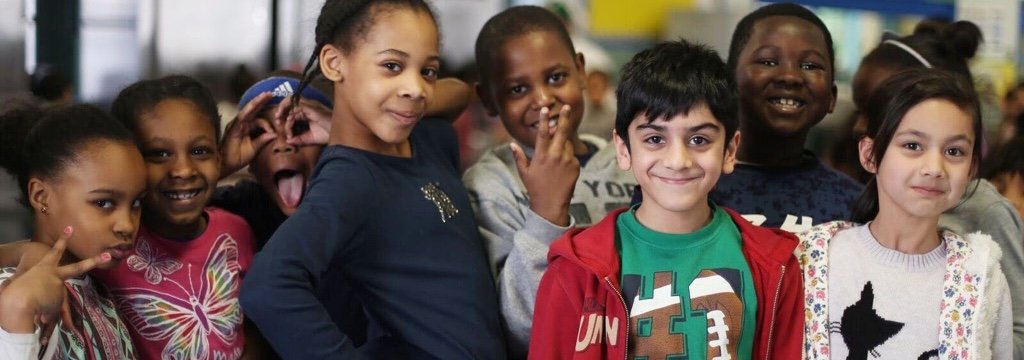Get more from InsideSchools
Hellenic Classical Charter School
Share this school
Brooklyn NY 11215
Our Insights
Hellenic Classical Charter School is a charter school that serves grades Pre-K, K-8. It is an independent public school open to all New York City students.
Why might this school be a good fit? It offers another option. Charter schools vary in approach and discipline and some offer longer school days and school years.
To enroll in this school, you must enter a lottery that is separate from the NYC Public Schools enrollment process. A charter school gives priority to children residing in its school district. For more information visit our Charter School page, and the school's website under "Contact & Location."
If you are a parent or staff member at this school, please tell us more about it in the Comments Section below.
School Stats
Is this school safe and well-run?
From the 2024-2025 NYC School Survey
From the 2019-20 NY State Report Card
From the 2024-25 School Quality Report
How do students perform academically?
From the New York State 2024-2025 Assessment Database
From the 2024-25 School Quality Guide
What is the Pre-K like?
From the NYC Program Assessment (CLASS and ECERS-R) Database through 2019-2020
Who does this school serve?
From the 2024-25 Demographic Snapshot
From the 2024-25 School Quality Guide
From the 2020 School Directories
How does this school serve special populations?
From the New York State 2024-2025 Assessment Database
Contact & Location
Location
Contact
Other Details
Was this information helpful?
Get more from InsideSchools
You may also like …
PS 372, The Children's School
Brooklyn, NY 11215

Comments